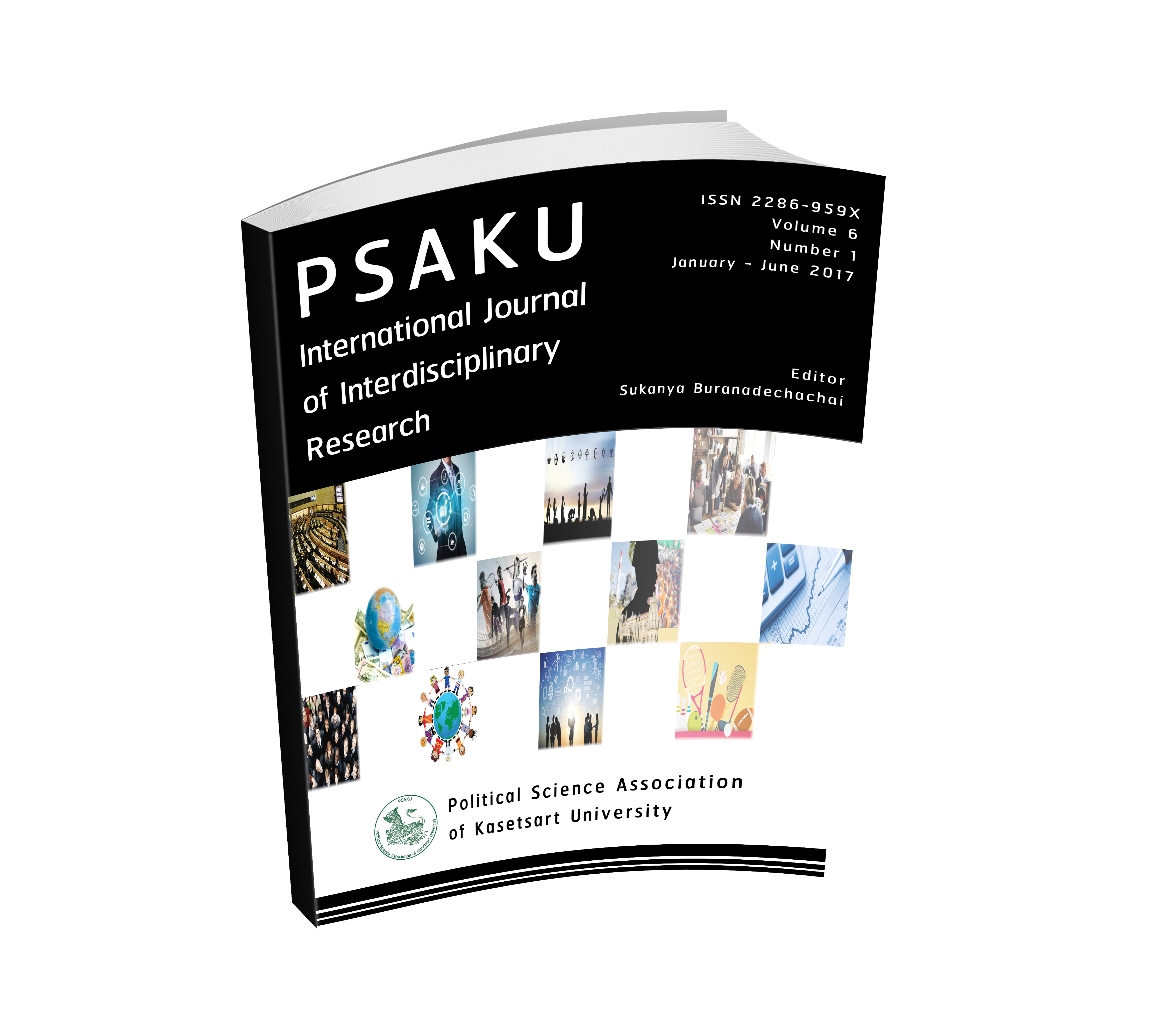Reconciliation Management according by Five Precepts
Keywords:
Reconciliation, Management, Five preceptsAbstract
This academic article is intended to convey the principles and ideas of management of reconciliation and unity of fundamental Buddhist. By considering the internal and external dimensions looks at the issue of self-administration by the precepts which are individual dimensions and social dimension in administrations. These things are relative to be in a chain. Neglecting any one dimension will make the application of tools, or creating tools manage the conflict that lacks of efficiency and is not up to date the situation of the world and society. For these reasons, the application of these principles is necessary to be consistent with the context of educations, economics, politics, societies and environment. That will manage the conflict with an energetic and effective term of management, tools and every step in the process for reducing conflicts both internal and external. Strengthening of reconciliation is to reduce conflicts and to build the stable securities both in life and property of citizens. While, our actions can have either harmful or beneficial consequences for oneself and others. Buddhist ethics is concerned with the principles and practices that help one to act in ways that help rather than harm. The core ethical code of Buddhism is known as the five precepts, and these are the distillation of its ethical principles. The precepts are not rules or commandments, but ‘principles of training’, which are undertaken freely and need to be put into practice with intelligence and sensitivity. The Buddhist tradition acknowledges that life is complex and throws up many difficulties, and it does not suggest that there is a single course of action that will be right in all circumstances. Indeed, rather than speaking of actions being right or wrong, then Dharma and Sangha finds everyday practical expression in our aspiration to live by ethical precepts, to the best of our ability until the love and unity begin from the family, village, district and province in order to bring the country beyond having the safety and the sustainability.
Downloads












.png)


